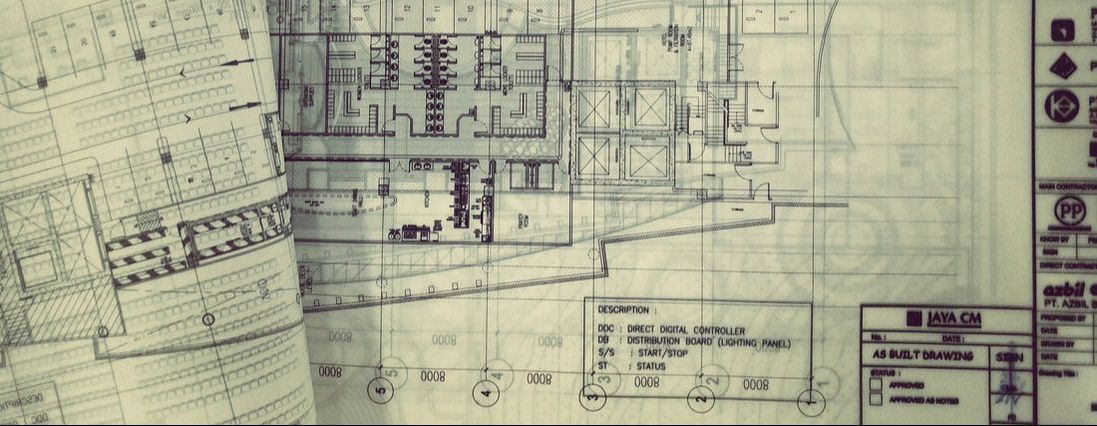|
The latest statistics released on the value of recorded building plans passed for the private sector in South Africa may indicate an economic shift to the south of the country, says Bert van den Heever, past president of the Association of South African Quantity Surveyors (ASAQS). Building plans passed are a strong indicator of the future health of the construction industry as a whole.
“The value of recorded building plans passed for the private sector – at current prices – decreased by 2,4% during January to August 2017 compared with the same period in 2016,” said Van den Heever. “Non-residential buildings fell by 14,3%, but additions and alterations rose by 7,4%.” According to Van den Heever it is expected that people try to mitigate risk during uncertain economic times by rather spending money on fixing up existing property than splashing out on new builds Although Gauteng remains the biggest contributor to the total value of building plans passed – with 37,5% of compared to the Western Cape's 25,1% – it also showed the largest negative swing when compared to last year's figures. The Western- and Eastern Cape however showed major increases in the value of projects at planning stage. The value of plans passed in the Western Cape rose by 9,7% compared to a year ago, and the Eastern Cape's figures increased by a staggering 53,5%. Deon van Zyl, chairman of the Western Cape Property Development Forum, cautions: "The reality is that our economic growth in the Western Cape is perhaps being driven more by semigration than by real new economic growth.” “At a medium and long term perspective I am concerned about the slow pace of new Environmental Impact Assessment (EIA) applications at a Provincial level. EIA applications tend to identify planned developments over five hectare in size as they trigger the National Environmental Management Act. We are not seeing a growth in new applications." "What is desperately needed is investment that will lead to job creation. Property development remains a bell weather industry reflecting the economy at a point in time. Investment is a direct response to confidence,” says Van Zyl. “The Provincial and local governments’ attempts to practice and reflect clean governance do assist in generating confidence in the Western Cape. What we desperately need is confidence in the country." Chris Steffen, ASAQS board member and director of Talani Quantity Surveyors in Cape Town says that although the migration to the Western Cape and shortage of housing has been driving growth, there are other factors such as the DAMS (Development Application and Management System) IT platform that could have played a role in the value of plans passed. The DAMS IT platform allows for online plans submission and processing has created greater efficiency. In addition, a recent bylaw change saw officials held accountable and kept to timelines for plans approvals. ENDS MEDIA CONTACT: Juanita Vorster, 079 523 8374, [email protected], www.atthatpoint.co.za For more information on ASAQS please visit: Website: www.asaqs.co.za Facebook: The Association of South African Quantity Surveyors
0 Comments
|
Archives
July 2024
Categories
All
|


 RSS Feed
RSS Feed